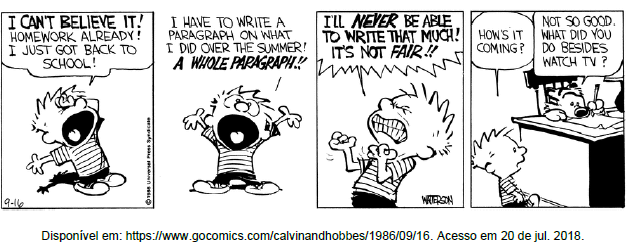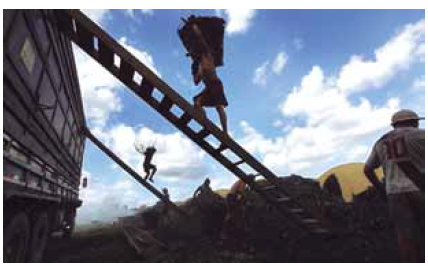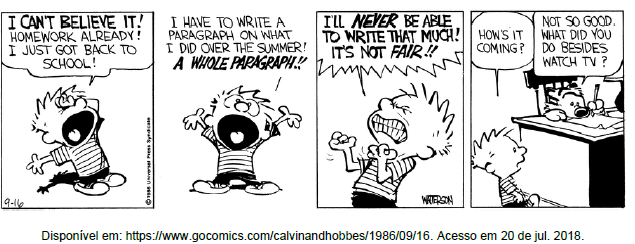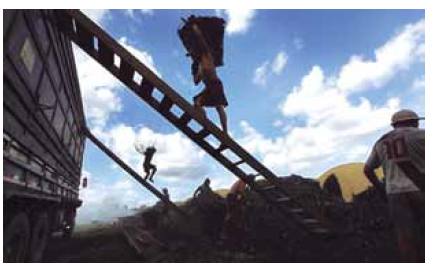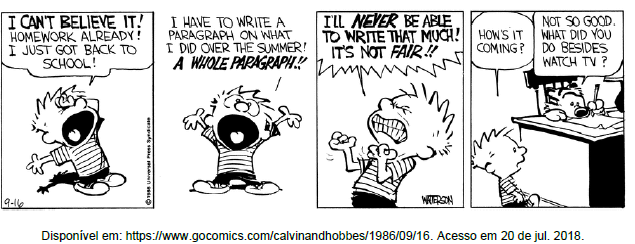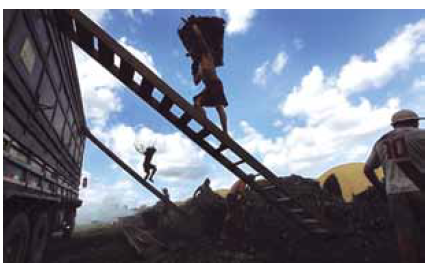Read the text below and answer the following question based on it.
Loneliness may harm sleep quality for young adults
Researchers from King's College London have found that young adults who reported feeling lonely were more likely to experience poor sleep quality, daytime tiredness, and poor concentration than their non-lonely counterparts.
Although loneliness is often perceived as a problem that primarily affects older adults, recent research has suggested that this is not the case.
However, according to the researchers of the new study, less is known about how loneliness affects the health of young adults - in particular, how it impacts sleep quality.
"In the present study, we tested associations between loneliness and sleep quality in a nationally representative sample of young adults," say Prof. Louise Arseneault, of the Institute of Psychiatry, Psychology & Neuroscience at King's, and colleagues.
The researchers analyzed the data of 2,232 young adults aged 18 to 19 years. They asked the participants four questions to measure their feelings of loneliness, including, "How often do you feel that you lack companionship?" and "How often do you feel alone?"
Additionally, the researchers gathered information on the participants' sleep quality over the past month, including sleep duration, sleep disturbances, and how long it takes them to fall asleep.
The analysis revealed that the lonely participants were 10 percent more likely to have poor sleep quality than subjects who did not report loneliness, and they were 24 percent more likely to experience daytime tiredness and problems with concentration.
These findings remained after accounting for a number of possible confounding factors, including symptoms of anxiety, depression, and other mental health disorders.
Although the study was not designed to investigate the mechanisms underlying the link between loneliness and poor sleep quality, the researchers have some theories.
For example, they point to previous studies that have identified a link between loneliness and an increase in the "stress hormone" cortisol, which could lead to sleep disruption.
Adaptado de: < https://www.medicalnewstoday.com/articles/317563.php?sr> Acessado em 02 de abril de 2018.
